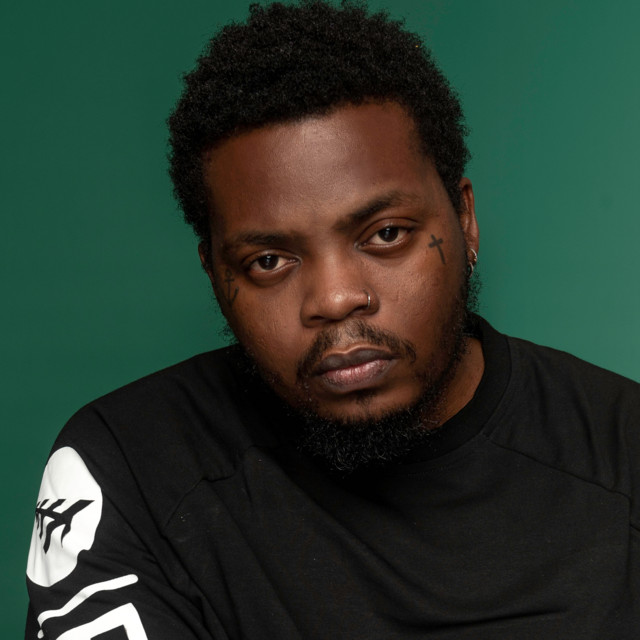
Immediate past governor of Kano State, Abdullahi Ganduje, has asked a High Court in the state to perpetually restrain the Economic and Financial Crimes Commission, EFCC, from inviting or investigating him over 2018 video clips allegedly showing him receiving dollars from a contractor and stuffing it inside his flowing dress, known as ‘babanriga’.
While Ganduje debunked the content of the videos, the Kano House of Assembly subsequently set up a committee to investigate the allegations.
A new assembly was inaugurated on Tuesday, June 13, and the committee is yet to turn in its report.
In the lawsuit which has EFCC as the only defendant, Ganduje, through the former Kano Attorney General, asked the court to declare that the invitation and interrogation of the State Universal Basic Education Board, SUBEB, chairman and Accountant General of Kano in connection to the video is illegal.
Ganduje is also seeking;
“A declaration of this Honourable Court that by virtue of the supremacy of the 1999 constitution as established by Sections 1 (1) thereof, since the Kano state house of assembly has begun investigation pursuant to its powers under section 128 of the 1999 constitution in connection with the video clips of bribery allegation against Dr. Abdullahi Ganduje.
“The defendant cannot exercise its investigative powers under the Sections 6, 7, 13 and 46 of the Economic and Financial Crimes (Establishment) Act 2004 (EFCC ACT), until after the Kano state house of assembly concludes or bring its investigation to an end.
“A declaration of this Honourable Court that by virtue of the supremacy of the 1999 constitution as established by Sections I (1) thereof, and the doctrine of separation of powers since there is a pending Case No: CV/1598/2021, Dr. Abdullahi Umar Ganduic y, Jaafar Jafaar & Anor, before high court of the Federal Capital Territory, Abuja (Coram: Hon. Justice Y. Halilu) in which Dr. Abdullahi Umar Ganduje is challenging the authenticity of the said video clips.
“The defendant cannot exercise its investigative powers under the sections 6, 7 and 13 of the Economic and Finance Crimes (Establishment) Act 2004 (CFCC ACT), until after the High Court of the Federal Capital Territory, Abuja (Coram: Hon. Justice Y. Halilu) has decided the matter before it.”















Be the first to comment